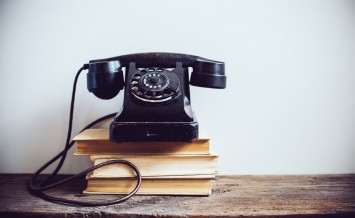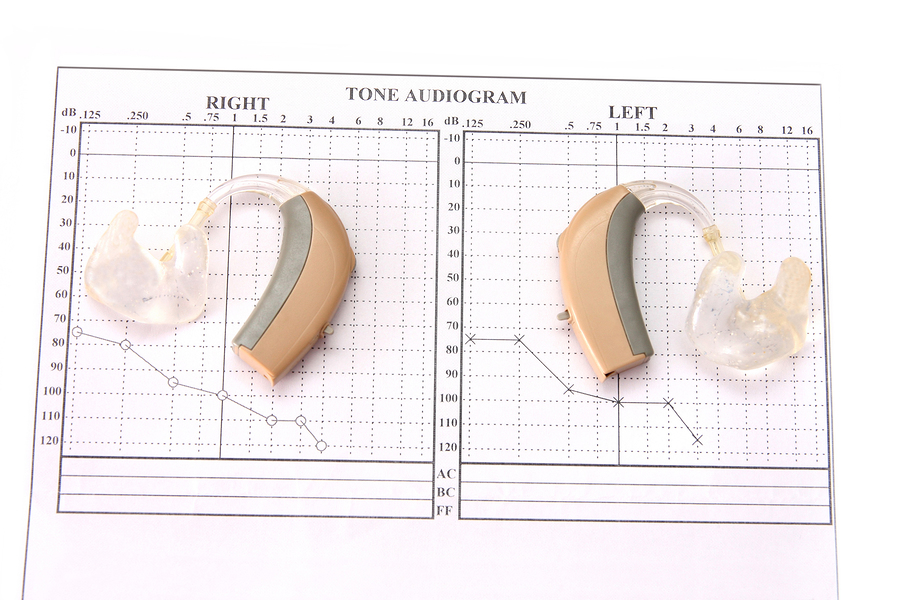Looking out for age-related hearing loss
As you grow older, you’re sure to find yourself getting used to all kinds of changes and a drop in your quality of hearing can be one of them. Hearing loss due to aging is a very common problem and can have a real impact on your day-to-day life.
Find out more about the things you can do to treat and prevent hearing loss and remember to look after your ears.
How aging affects your hearing
Age-related hearing loss, also known as presbycusis can have a big effect on your quality of life. Watching for the symptoms and catching degradation in hearing early can help you seek treatment and find solutions before the condition becomes pronounced. Get started by having a read of the NHS guide to hearing problems, which cites age as the biggest single cause of hearing loss.
Most people start to lose a small amount of hearing quality in their 30s or 40s and this tends to become very gradually worse as they age. The majority of people suffer from significant hearing loss by the time they reach their 80s and some lifestyle and environmental factors can exacerbate and speed up the process.
For example, repeated exposure to loud noises can damage the ear and also cause noise-related hearing loss. Age-related hearing loss can also be caused by a variety of health issues, such as diabetes, smoking and poor circulation. America’s National Institute on Deafness and other Communication Disorders has created a useful resource of anyone worried about their hearing, including a hearing loss quiz to help you determine whether it’s time to take any changes in quality seriously.
Looking after your hearing
By taking care of your ears, you may be able to enjoy better levels of hearing for longer. For some useful tips, have a look at WebMD’s article about preventing hearing loss. While age-related hearing loss is a natural part of growing old, there are some things you can do to help you preserve your hearing for as long as possible. Audiology Online has also created an interesting resource discussing the connections between a healthy diet and your hearing, suggesting that the food you eat can have an on-going impact.
If you’ve noticed that you are suffering from hearing loss, be sure to make an appointment with your GP so that you can have your hearing assessed. Today’s hearing aids are incredibly sophisticated instruments and they could offer a significant increase in your auditory abilities. You can find out more about aids and the options from NHS Choices or have a look at the information collated by Age UK.
There’s no need to worry about hearing loss alone – there are many different resources available to assess your difficulties and help you find solutions. Be vigilant for signs that your hearing has become significantly worse and make sure you’re ready to find help and hearing services if and when you need them.
Disclaimer
All content on Silversufers.com is provided for general information only, and should not be treated at all as a substitute for the medical advice of your own doctor or any other health care professional. Silversurfers.com will not be responsible or liable for any diagnosis made by a user based on the content on www.silversurfers.com and we are also not liable for the content of any external websites or links from or to Silversurfers to any other websites. Please always consult your own doctor if you’re in any way concerned about any aspect of your health.
Latest posts by Sally - Silversurfer's Editor (see all)
- Should smacking a child be banned in England and Northern Ireland? - April 17, 2024
- Enjoy the best of the UK on a Shearings coach holiday - April 17, 2024
- Blueberry & Lemon Curd Bread and Butter Pudding - April 16, 2024
- Navigating the World with What3Words: A Lifeline for Older Generations - April 15, 2024
- Parsley Box – Bringing you time for the things you love! - April 12, 2024





















